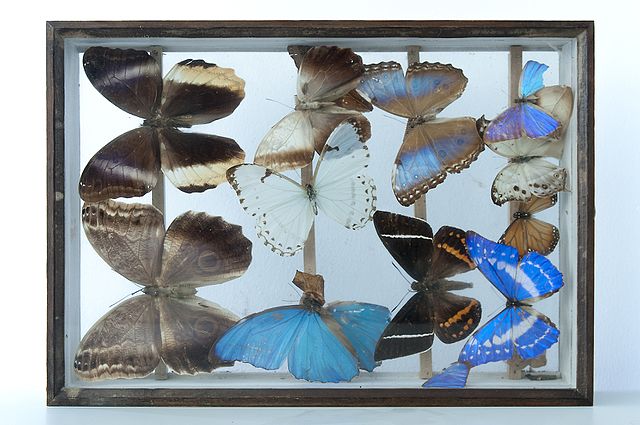Maybe I’m wrong, but I tend to think that people are attracted to biological research because of an interest in nature and the noble desire to make the world a better place.
Those ideals are often stripped away in the realities and demands of working life – it turns out that it’s not so easy for one person to save the world, and you have to be more interested in Nature than nature to be successful. But I’ve always found it a bit paradoxical that from those eco-aware origins, we end up working in labs that generate vast amounts of waste and consume a lot of power.
Of course, much of this waste and consumption is unavoidable but there are a lot of ways that we can reduce the environmental impact of our labs by improving our practices. Here are 12 ways to start with:
1. Hold completed overnight PCR reactions at 10°C instead of 4°C. It won’t affect the product, but it will save a considerable amount of energy.
2. Replace falcon tubes with re-usable 50mL glass bottles in experiments that don’t require you to centrifuge the contents.
3. Close or switch off the fume hood. Fume hoods use vast amounts of power and the amount they consume is proportional to how far they are opened.
4. Buy reagents from on-site stores / freezer programs where possible. Does your BamHI really need to be chauffeur driven to you? On-site stores transports reagents in bulk, which saves fuel.
5. Find out if there are greener alternatives to the reagents you use. MIT’s “Green alternatives wizard” will help.
6. Buy service contracts for your equipment. That shiny new HPLC/spec/PCR machine looks great but 10 years down the road it’s going to be land-fill fodder if it’s not looked after. An annual service contract will prolong the life of your equipment, reducing waste, and keep your lab ticking over more reliably.
7. Recycle. We’ve told you about electroporation cuvettes and DNA columns – what else can you recycle in the lab?
8. Donate surplus equipment like computers or old microscopes to local schools, community groups or Freecycle.
9. Label lab equipment that can’t be turned off. That way people in the lab know they are free to turn off un-labelled equipment overnight or over the weekend.
10. Use non-mercury thermometers. Alcohol/glycol or digital thermometers are just as good.
11. Keep an up-to-date inventory of your lab’s chemicals to avoid duplicate orders.
12. Order only the amount that you need. How often have you bought a chemical only for most of it to languish on the shelf for years?
What are your ideas for reducing waste in the lab? Tell us in the comments.
For more tips, tricks, and hacks for getting your experiments done, check out the Bitesize Bio DIY in the Lab Hub.






